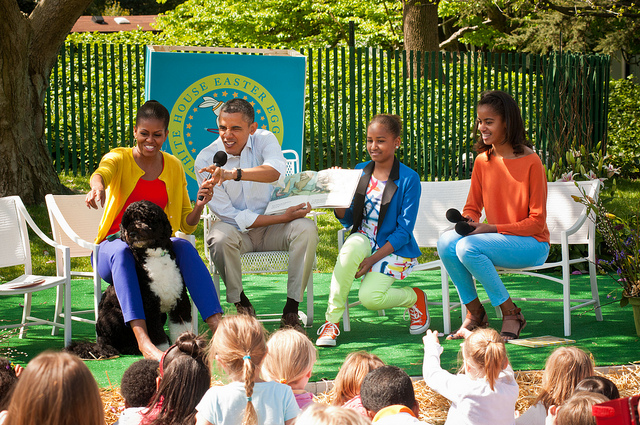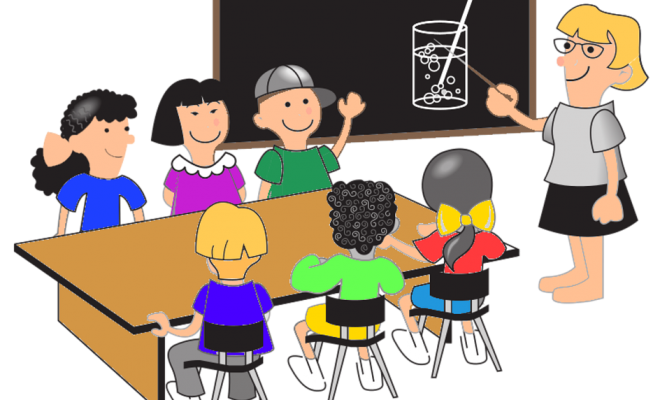At What Age Can We Introduce Children to Honest History?

Note: The following is a guest blog from David Turnoy, a retired elementary school teacher with a degree in history. His new book, American Tales, is an account of US history from explorers through Reconstruction, written as fiction to be more engaging to kids while still including the balanced historical account for which he advocates. It is available now at Amazon and other bookselling websites.
Teaching American history to children presents a number of challenges. For any progressive student or observer of history, it is well-known that the United States has had a mixed record in its treatment of Native Americans, African Americans, women and other groups, including some especially cruel treatment. How young is too young for children to start learning about this history?
I taught fifth grade for many years, and this was an issue that I had to grapple with, especially as fifth grade was the first time that students were introduced to American history. For myself and for students, I have found that we tend to regard the first information we learn about a particular subject as the baseline, and the way the brain works, all subsequent information is taken in by making connections to this original information and judged in light of it. Also, according to child psychologist Craig Thorsen of Eugene, OR, information learned earlier tends to be remembered better. Therefore, if a teacher is going to teach history to students for the first time, the information chosen for presentation to the students is crucial.
So what information should be taught? Should it be the traditional bland summary showing America as always in the right, led by truly admirable heroes who bring about change while leaving out any negative actions, which leads to disinterested, unquestioning citizens who allow government and other elites to do as they like? Or should it be a more balanced, honest approach including actions by the US that aren’t the most laudable and also including actions of common people banding together working for a better country? The purpose in teaching this latter way is to present kids with an honest account of our history so they can better understand circumstances today, which then guides them in making better-informed decisions that will hopefully lead to a brighter future. Another purpose is to show students that they actually have power to make positive change when they band together, thus encouraging them to become more active, vigilant citizens. If we want a better country with more equality and justice, this is where it starts.
So how young is too young? The American Academy of Pediatrics says that research shows that appropriately mature adolescents, guided by a helpful adult who assists them in exploring the real costs and consequences of violence, can learn about violent historical actions without a problem. This has the added benefit of creating students who will question our leaders the next time they push for war. Especially at the grade level I taught, 10 and 11-year-olds, the children have a real sense of right and wrong, justice, and fair play. When I taught controversial topics, especially ideas left out of traditional texts, the kids became more engaged and we had vibrant discussions. According to Dr. Thorsen, children age 10 and up are able to dissociate themselves from gruesome violence when presented in historical context or as part of a story or lesson. For an example of how this is handled appropriately by a teacher, see my book American Tales, where the students are taught this fact in historical context.
So when is it appropriate to teach honest history? I advocate teaching it the first time history is taught. This information will be the baseline information for children as they grow and learn more information, they will remember it better, they will be more engaged and interested in honest history than the bland facts normally offered in traditional texts, and they will ask more questions and require our leaders to justify decisions and act more responsibly. Now I would not advocate teaching about the Holocaust to first graders; teachers have to use common sense. But by fourth and fifth grade, students are ready for more mature topics if guided by a responsible teacher who allows the students to examine the topic, especially in light of what is fair and just, while avoiding traumatizing these young minds. This is the approach I used in my teaching, and I would encourage other teachers to do the same.






